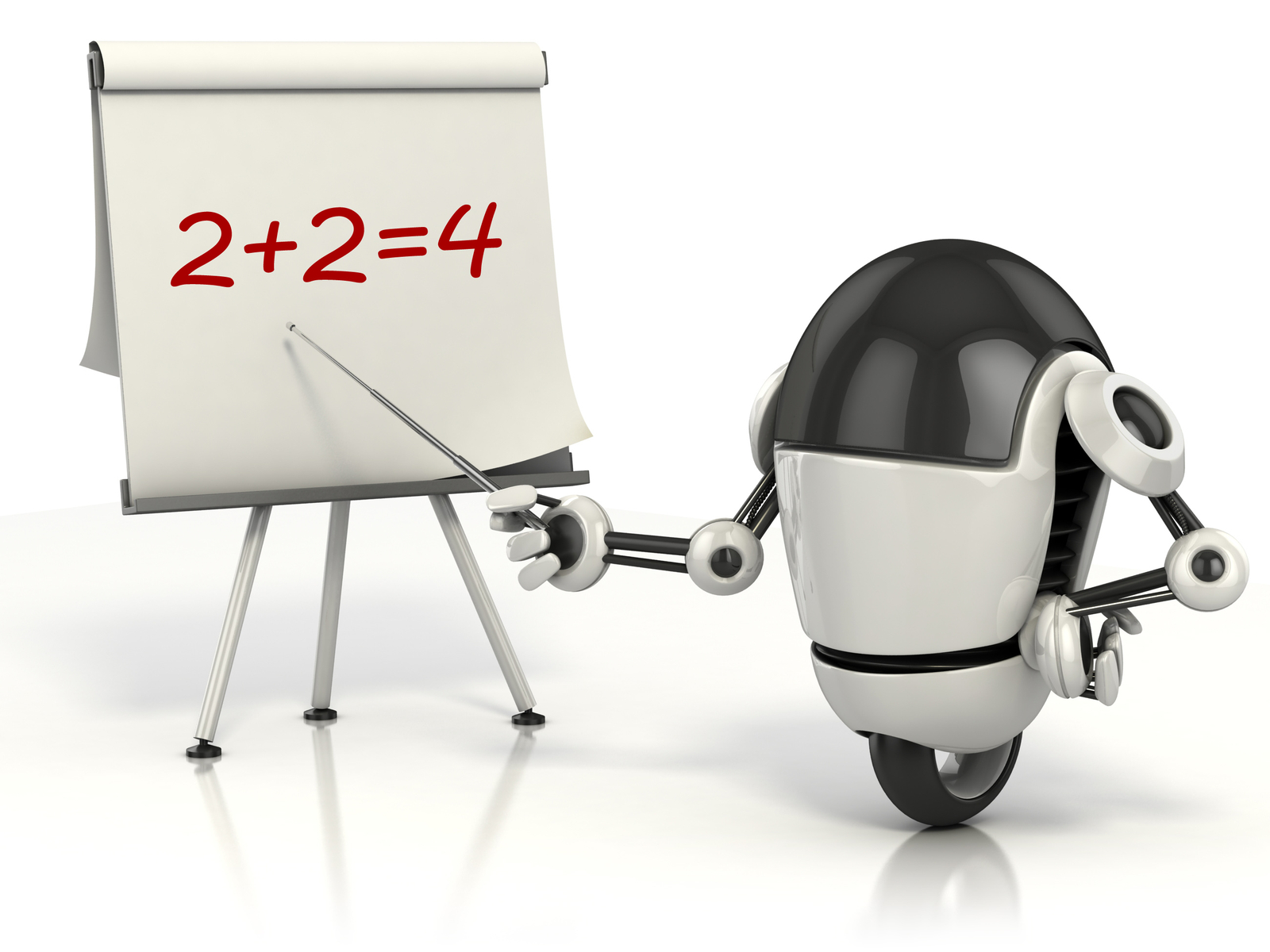My mother’s name is Jacqui, and she has a very special talent. She’s a card player with a competitive streak that took her all the way to the Commonwealth Games, where she became a grandmaster. Her specialty was bridge, but she has always excelled in games of all kinds. She has that kind of brain; she loves the challenge. In fact you could ask her about a hand that she played a year ago and she would be able to recount for you not only the cards she had held, and in what order she’d played them, but what each of her opponents had played, and when.
Does this mean my mother has a ‘photographic memory?’ Possibly, but only for certain things like bridge hands. She’s a clever woman but not exceptionally so. She remembers cards because she loves playing cards. You probably have a similar skill. It may be that you remember the names of every one of your classmates at school. Perhaps you can sing the theme tunes of your favourite TV shows from when you were a kid, note for note. If you’re a football fan in your sixties or seventies you can probably reel off the names of the winning England team from 1966. Whatever it is, you don’t see it as a skill. You may even be a little embarrassed about it, only admitting it at parties, after you’ve had a couple of drinks.
But it is a skill, one that we all share to a greater or lesser degree.
It’s called ‘unconscious competence’. There was never a day in the past when you sat down with a list of your favourite sportsmen or looked at a treasured poem and said to yourself “I must absorb all these words, I must learn all these names by heart so I can impress people in twenty years’ time.” It happened naturally because of the love you had for that team, or that poem.
All learning is unconscious. This was one of the revelations that Richard Bandler had when he was developing the techniques that led to the creation of NLP. He understood that we humans have an innate ability to achieve all manner of things without thinking. You didn’t think about how to get out of bed this morning, how to dress yourself, how to tie your shoes. If you drive a car, and have done for a while, 90% of your driving is ‘unconscious’, in that you do it automatically. Remember how tortured it all was at first, trying to grapple with ‘Mirror, Signal, Maneouvre’? Imagine driving that way every day of your life. Either you would collapse from exhaustion, or at some point you would crash the car. Or both.
Your conscious brain will give you a hard time if you try to force it through hoops, which is why so many of our ideas about education have changed over the years, with progressive teachers calling for more creative ways of learning. Every child learns its parent language effortlessly, without thinking, almost before it can walk. That alone should serve as a clue to the vast capacity of the human brain and its ability to process experience. And as Malcolm Gladwell reminds us in his book about excellence, ‘Outliers’, if you take that initial, playful impulse and put in 10,000 hours of practice, as my mother did with her bridge, there’s really no limit to what you can achieve.
It wasn’t easy growing up with a grandmaster for a mum. When I was a kid she never let me win at anything, and I remember feeling a bit resentful as a result. Many years later I asked her about it. She was shocked to think that I’d been so upset. She said she could have let me win, but she wanted me to concentrate. She wanted me to be motivated. Her own motives were sound and loving, but I had learned the wrong lesson.
One thing I know for sure is that I am still learning. When I was a younger man, working in sales, I strove to be the best at everything I did. I was motivated certainly, but it didn’t always get results, and it didn’t make me happy. Instead it made me anxious. I spent years giving myself a hard time. Now my strategy is different. I don’t feel I’m competing with anyone but myself, and my goal now is very simple: in all aspects of my work I try to do a little bit better each time. It’s hugely liberating to realise you can achieve so much when you don’t think about it. (Which is pretty extraordinary, when you think about it!)
What has your unconscious learned along the way?

